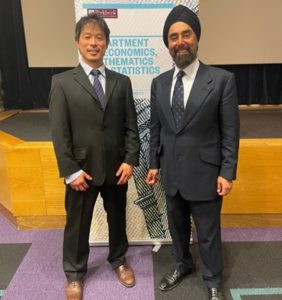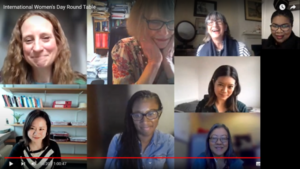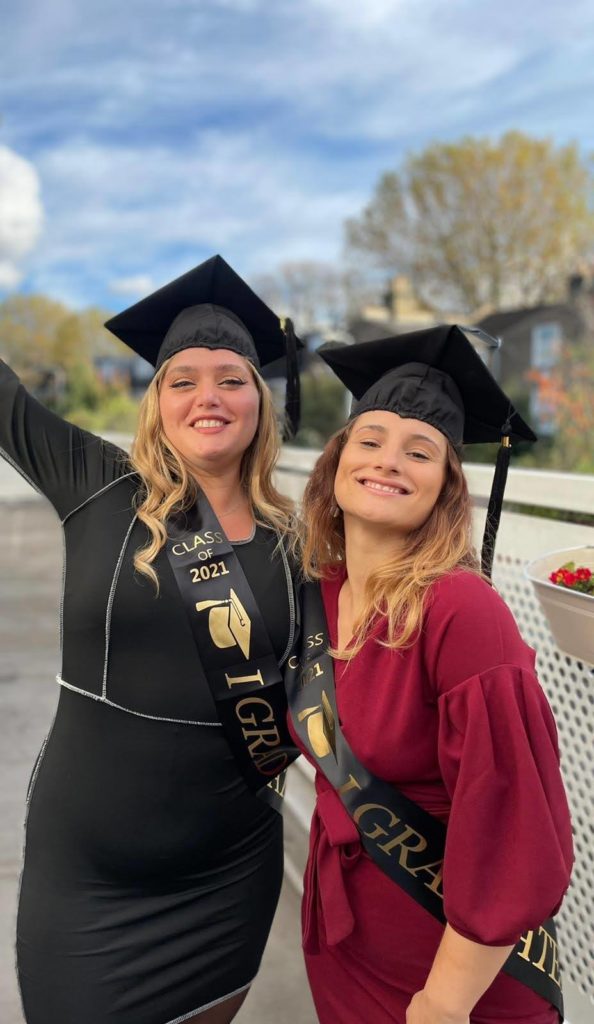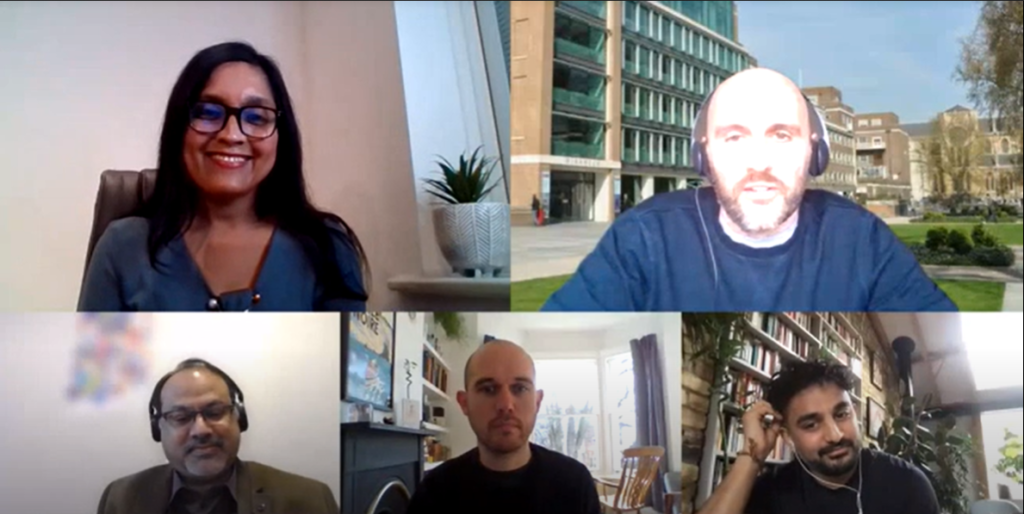The annual memorial lecture commemorates the founder of the Department of Economics, Mathematics and Statistics and former Master of Birkbeck, Professor Ronald Tress CBE.
On Wednesday 10 May, Birkbeck’s Department of Economics, Mathematics and Statistics welcomed Professor Jagjit S. Chadha, Director of the National Institute of Economic and Social Research (NIESR), to deliver the Ronald Tress Memorial Lecture, on the topic of “What went wrong with 21st Century Economic Policy – a View from Westminster.”
The thought-provoking lecture discussed the successive failings of recent economic events in the UK, with a particular focus on the mini-budget of September 2022. Professor Chadha, explained the possible effects of Brexit and the decisions taken by monetary and fiscal authorities in why the UK was lagging in its recovery compared to other economies. Professor Chadha was particularly concerned about the income and wealth inequality that persist in the UK. He suggested some possible solutions including reforming the focusses of monetary and fiscal policies and nurturing the supply side of the economy.
The lecture was an opportunity to welcome members of Professor Ronald Tress’s family, as well as staff, students and alumni to come together to discuss the complex issues facing our economy. The lecture also offered guests a chance to meet Professor Jagjit S. Chadha and receive a signed copy of his latest book; The Money Minders: The Parables, Trade-offs and Lags of Central Banking.
Dr Ken Hori, the Head of Department of Economics, Mathematics and Statistics, remarked, “It is reassuring to have someone like Jagjit in this influential role who not only understands the UK economy, but more importantly cares about its issues such as inequality. The lecture was a demonstration of what economists should be doing.”
The Ronald Tress Memorial Lecture is a significant event in Birkbeck’s 200-year history, honouring the instrumental role of Professor Ronald Tress CBE in establishing the Economics Department over 50 years ago. It serves as a reminder of the visionary leaders who have shaped the university as we celebrate our 200th anniversary.
FURTHER INFORMATION
- Ronald Tress Memorial Lecture
- Watch the recording: What went wrong with 21st Century Economic Policy – a View from Westminster
- Department of Economics, Mathematics and Statistics
- National Institute of Economic and Social Research
- The Money Minders: The Parables, Trade-offs and Lags of Central Banking
- Birkbeck’s 200th Anniversary
MORE NEWS ABOUT:




